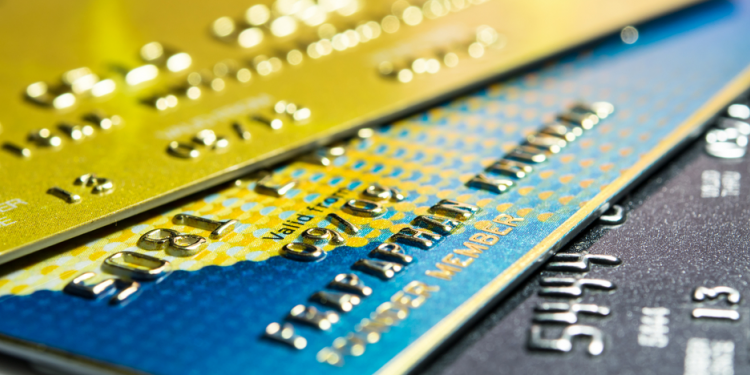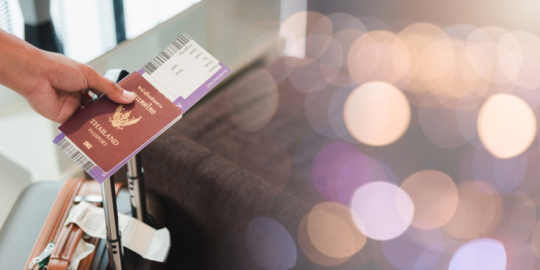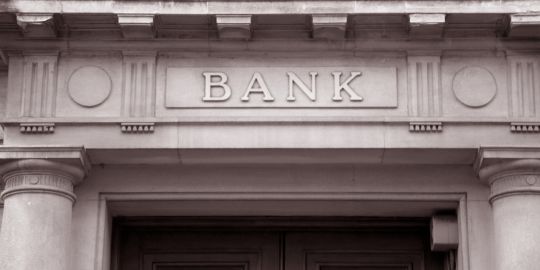The ruses

A lot of risk lies in using credit and debit cards abroad – numerous scams can, seemingly in an instant, see you drained of your finances.
A major risk remains card skimmers placed in cash machines that read your card data, while a subtly placed camera records you entering your PIN. Keeping an eye out for any loose wires or strange bulges on ATMs, as well as covering the keypad when you type your PIN will help keep you safe.
In some cases, someone in front of you in a line at an ATM may (seemingly helpfully) inform you that the ATM isn't working, with someone nearby to corroborate this fact. Under the guise of continuing to be helpful, the stranger may suggest another nearby ATM (which they will even be so kind as to walk with you to). In this event, it may be the case that the other ATM has been rigged with a skimmer and the helpful stranger is there to watch you enter your PIN. If you are in an unfamiliar area and someone tries to lead you to another ATM, check if the ATM you are at is, in fact, not working and, if you have access to the internet, use Google maps to locate another nearby ATM.
Another ruse may be a sign stuck near a machine (the degree to which it appears legitimate may vary) warning you that if your card jams, you should enter your PIN again to remove it. This is never the case; the game here is that perhaps a forced jamming system has been added to the machine, and, by forcing you to enter your PIN twice (before you presumably call it a day and walk away), an unnoticed stranger has two opportunities to see you enter your PIN. Once you have turned your back, the person who has placed this system there can remove your card, now with your PIN as well.
However, the risk isn't just limited to ATMs. If you're in a restaurant, don't let the waiter take your card out of your sight – it's the perfect opportunity for them to skim your card and hand it back. You should be able to pay at the bar or using portable card readers that are used in many larger restaurants these days. Beyond restaurants, check your receipts if a payment didn't go through once or if you have made major purchases to ensure any extra charges haven't been registered on your card. RFID chips and contactless payment have made it all the easier for tech-savvy crooks to steal your card data by just being near you. Always stay wary of your surroundings! Also, RFID signal jamming wallets and purses are now fairly widely available.
Dealing with fraud

Assuming you have told your bank in your home country that you will be using your card in your new home, you should be able to prevent any mistaken assumptions of fraud on their behalf. However, this may mean that if your card is used in the country following fraud or in a neighbouring country, it may not be immediately be picked up as a fraud. You should ensure you have access to your bank's 24-hour fraud hotline (which almost all major banks have) and any other necessary phone numbers you may need to cancel or report your card as stolen.
If you are banking with an international bank that is present in the country you have moved to, it may be easier to contact the bank and deal with any fraudulent transactions on the spot. You may be able to more easily get a new card sent to you or find a local branch at which to pick one up. However, beware not to overestimate the ease offered by such international banks. There may not be a branch nearby and they may not have fraud policies that are as customer-friendly as others, so don't simply choose an international bank on this premise. Check your bank's fraud guidelines carefully, so you both know how to handle any fraudulent activity on your card, and you know in advance what they will and won't do to help in such a situation.
Once your card has been cancelled, you will need an address to which your new card will be sent. If you are living location independent without a long-term address in a country, you may have to negotiate with your bank whether it can be sent ahead to a friend or a temporary address. Again, an international bank may come in handy here if you can pick it up from a local branch.
Avoiding bank fraud

When it comes to minimising risk, be sure to try and use your credit card, where possible when abroad. It is easier for banks to remunerate for any charges to a credit card and you are less likely to suffer significant financial losses. You should be much more careful if using a debit card; try to use these only at ATMs, where safe. If someone can access an account connected to a debit card, they can easily drain your actual funds.
Be aware of your surroundings and do not allow yourself to be distracted while using ATMs, regardless of how reasonable someone's assertions may be. Once you have finished your transaction, remove your card and cash, put away your purse, then walk away. Of course, always keep the keypad covered when entering your PIN.
Keep a close eye on your bank statements and charges in order to spot any unscrupulous cashiers who may have overcharged you, or charged the same bill twice. In a similar vein, keep hold of receipts and be sure to always ask for a receipt when making a card payment.
Finally, avoid having just one external account to depend on while abroad, particularly if you anticipate a period of time you may be without an income. This means if one card is subject to fraud and needs to be cancelled, you still have access to funds.
















